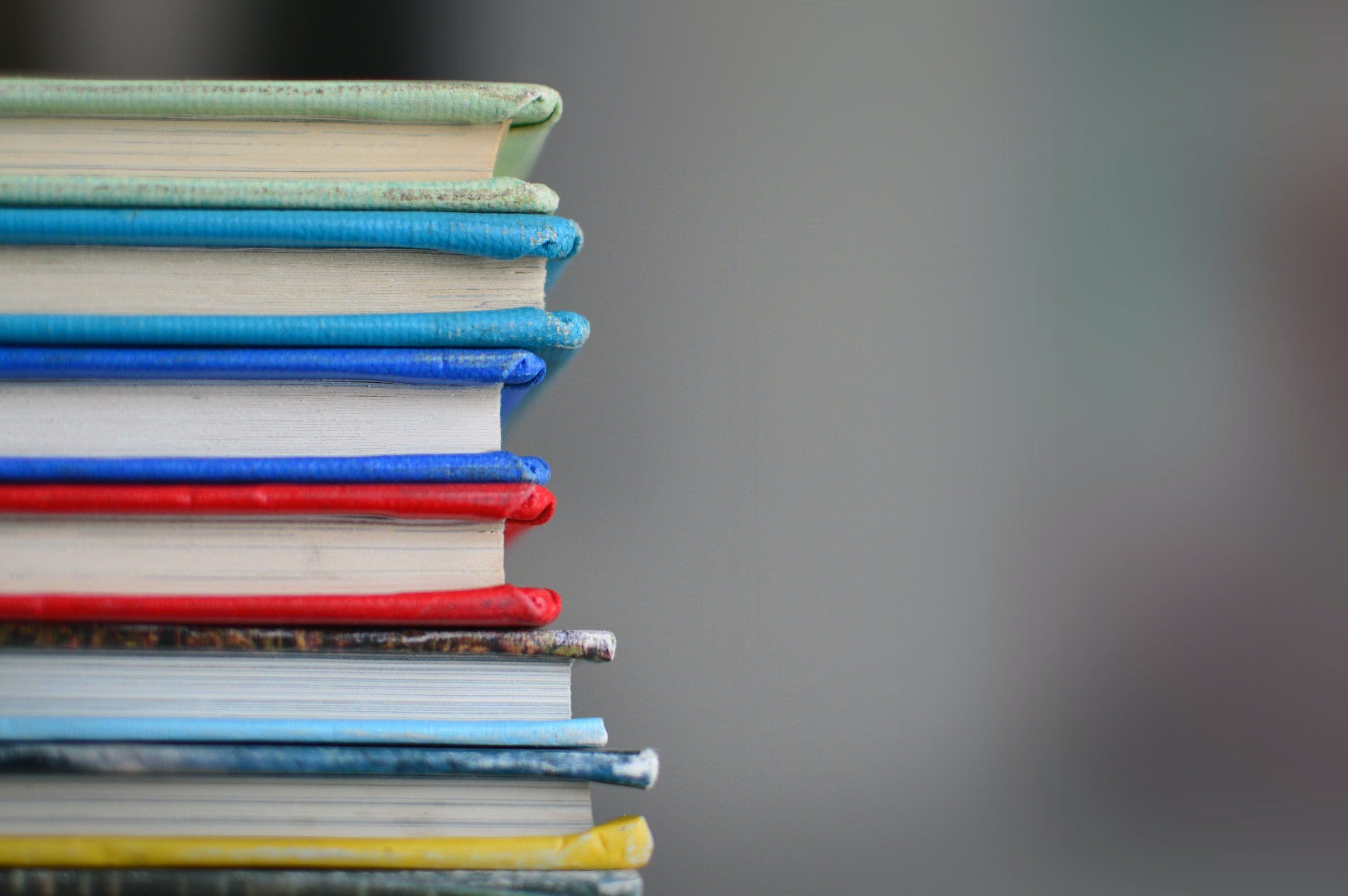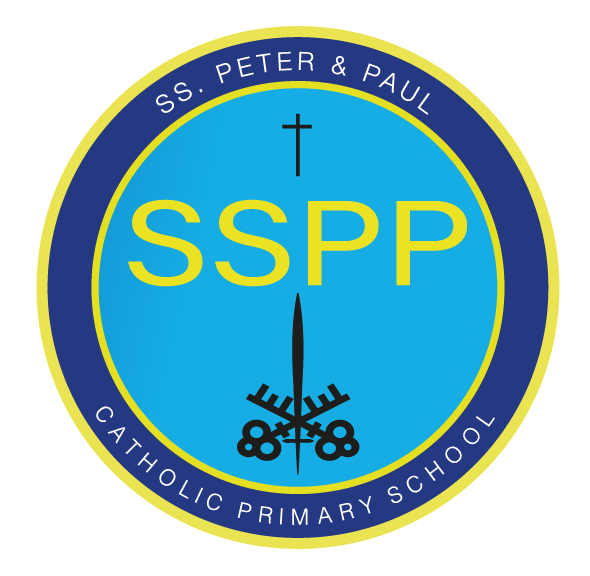
Mathematics

“Mathematics knows no races or geographic boundaries; for mathematics, the cultural world is one country.”
Mathematics is an important creative discipline that helps us to understand and change the world. We want all pupils at SSPP to experience the beauty, power and enjoyment of mathematics and develop a sense of curiosity about the subject with a clear understanding. At SSPP we foster positive can do attitudes and we promote the fact that everyone can do maths.
We believe all children can achieve in mathematics, and teach for secure and deep understanding of mathematical concepts through manageable steps. We use mistakes and misconceptions as an essential part of learning and provide challenge through rich and sophisticated problems. We offer an enriched curriculum whereby maths is developed and enjoyed in all aspects of school life and with the whole community e.g. fundraising, events and initiatives reflecting local and global themes.
We strive to ensure that all children develop a positive attitude towards maths and numeracy and become confident, life-long mathematicians.
Our aim for ALL pupils at SSPP is to:
become fluent in the fundamentals of mathematics so that they develop conceptual understanding and the ability to recall and apply knowledge rapidly and accurately.
be able to solve problems by applying their mathematics to a variety of problems with increasing sophistication, including in unfamiliar contexts and to model real-life scenarios
reason mathematically by following a line of enquiry and develop and present a justification, argument or proof using mathematical language.
have an appreciation of number and number operations, which enables mental calculations and written procedures to be performed efficiently, fluently and accurately to be successful in mathematics.
WHAT DOES MATHS LOOK LIKE AT SSPP?
Our whole curriculum is shaped by our school vision which aims to enable all children, regardless of background, ability or additional needs to flourish to become the very best version of themselves they can possibly be. We teach the National Curriculum, supported by a clear skills and knowledge progression. This ensures that skills and knowledge are built on year by year and sequenced appropriately to maximise learning for all children. We teach a daily mathematics lesson with other opportunities to practise and develop skills.
We use the DfE recommended curriculum programme Power Maths which is a mastery programme designed to spark curiosity and excitement and nurture confidence in mathematics. We supplement this with other quality resources such as Tara Loughran’s Build a Sequence, Nrich and NCETM.
WHEN OUR CHILDREN LEAVE SSPP, WE BELIEVE THEY WILL:
acquire an enjoyment and love of mathematics
develop positive attitudes to mathematics
demonstrate and use their mathematics confidently within their everyday lives
understand that mathematics is a powerful tool for communication
be able to reason, think logically, solve problems and work systematically and accurately
make mathematical links with other areas of the curriculum and become aware of the uses of mathematics in the wider world
develop personal qualities such as resilience, stamina, independence, co-operation and self confidence
go forward with the mathematical skills that are essential to everyday life, critical to science, technology and engineering, and necessary for financial literacy and most forms of employment
EYFS
Throughout Early Years, children experience maths through the specific area of maths : number and numerical patterns
Developing a strong grounding in number is essential so that all children develop the necessary building blocks to excel mathematically. Children should be able to count confidently, develop a deep understanding of the numbers to 10, the relationships between them and the patterns within those numbers. By providing frequent and varied opportunities to build and apply this understanding - such as using manipulatives, including small pebbles and tens frames for organising counting - children will develop a secure base of knowledge and vocabulary from which mastery of mathematics is built. In addition, it is important that the curriculum includes rich opportunities for children to develop their spatial reasoning skills across all areas of mathematics including shape, space and measures. It is important that children develop positive attitudes and interests in mathematics, look for patterns and relationships, spot connections, ‘have a go’, talk to adults and peers about what they notice and not be afraid to make mistakes.
From making different arrangements of numbers within 5 and talking about what they can see, to comparing volume and selecting an appropriate unit of measure, children will be immersed in the world maths through high quality texts, continous play and directed teaching.

